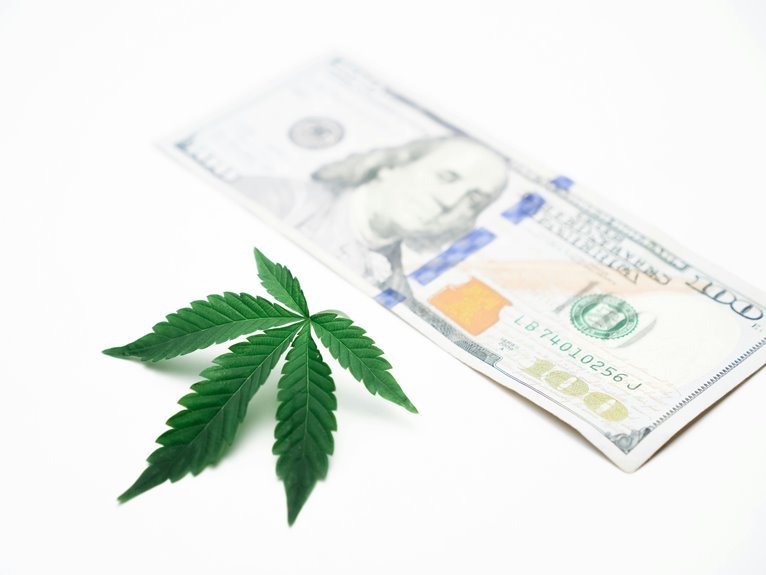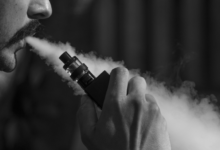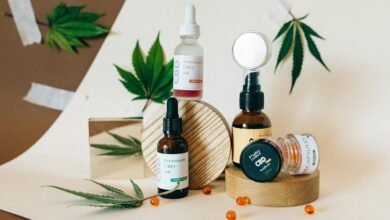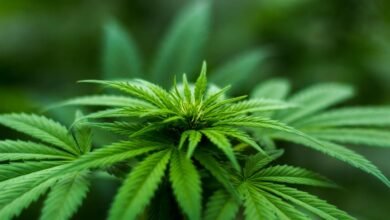Does Cbd Show up on Drug Tests for Work

The question of whether CBD shows up on drug tests for work is complex. CBD itself is not typically tested for, as most drug screenings focus on THC. However, the risk of THC contamination in some CBD products poses a potential problem. Understanding the nuances of CBD and THC, alongside workplace testing policies, is essential. What precautions can individuals take to mitigate the risks associated with CBD use in professional environments?
Understanding CBD and THC: The Key Differences
While many people use cannabis-derived products for various health benefits, it is crucial to understand the distinctions between cannabidiol (CBD) and tetrahydrocannabinol (THC).
CBD benefits include pain relief and anxiety reduction without psychoactive effects, while THC effects can lead to euphoria and impairment.
Understanding these differences empowers consumers to make informed choices about their wellness and avoid unintended consequences in environments sensitive to THC.
How Drug Tests Work: What Employers Look For
Understanding how drug tests function is essential for both employers and employees, as these tests primarily aim to detect the presence of specific substances in an individual's system.
Employers often utilize various drug testing methods, such as urine or saliva tests, to enforce their policies. These tests typically focus on substances like THC, ensuring compliance with employer policies regarding workplace safety and productivity.
The Risk of THC Contamination in CBD Products
Employers and employees must be aware of the potential for THC contamination in CBD products, as this can significantly impact drug test results.
Inadequate cbd sourcing practices and misleading product labeling may result in higher THC levels than advertised.
Consequently, individuals consuming CBD products risk unexpected positive drug tests, highlighting the importance of transparency and quality assurance in the CBD industry for those seeking employment freedom.
Tips for Safely Using CBD in a Workplace Setting
Although CBD is often perceived as a safer alternative to THC, individuals using CBD in a workplace setting should take specific precautions to minimize the risk of adverse drug test results.
They should carefully choose high-quality, third-party tested products, monitor their CBD dosage, and familiarize themselves with workplace policies regarding cannabis use.
These steps can help ensure compliance and reduce potential complications.
Conclusion
In conclusion, while CBD itself typically does not appear on workplace drug tests, the potential for THC contamination in some products poses a risk for users. A 2021 study found that nearly 70% of CBD products tested contained varying levels of THC, highlighting the importance of selecting reputable brands. To mitigate risks, individuals should prioritize high-quality, third-party tested CBD and remain informed about their workplace's drug testing policies. Awareness and caution are essential for safe CBD use in professional environments.






